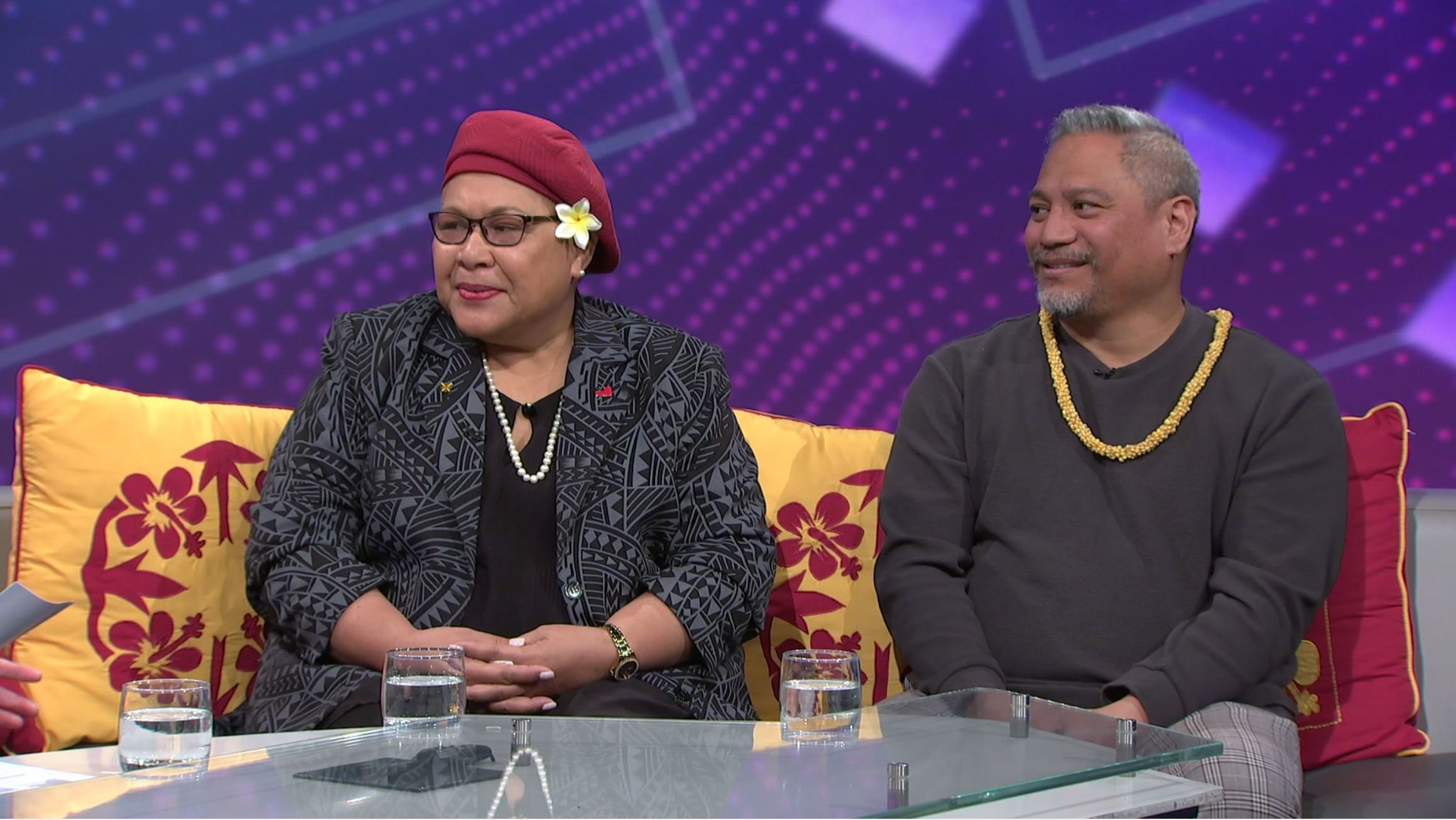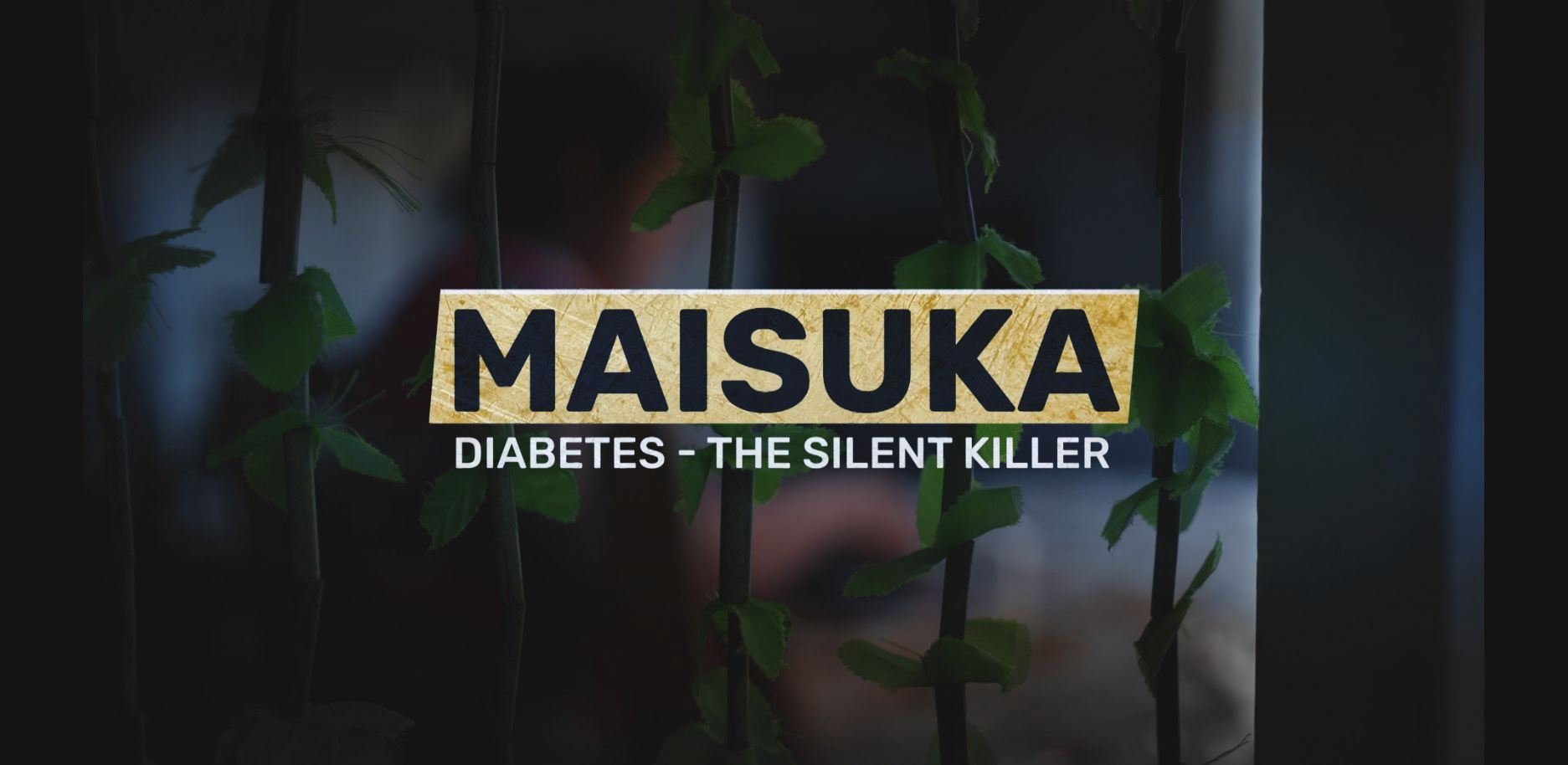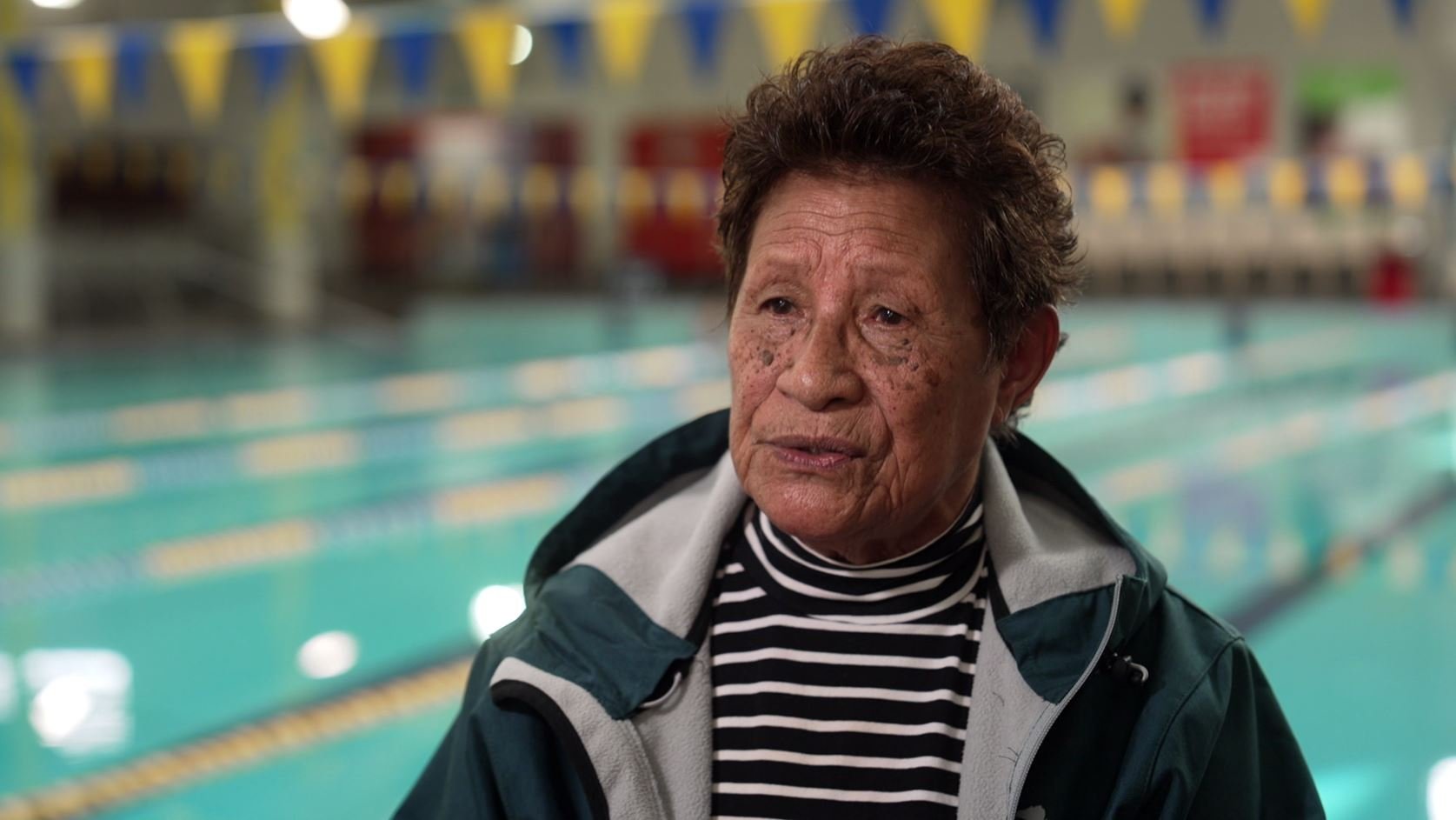The Salvation Army’s annual state of the nation report published recently which shows, the high cost of living continues to impact our families.
The Vaiola Pacific Islands Budgeting Service in Mangere hold regular ‘money’ workshops for the community.
It’s all about helping people make their incomes go futher.
“You get mums that are trying to just get formula, nappies…. people are actually using the buy now pay later schemes, which we’re really struggling to stay away from but, with the cost of living, that’s pretty much what they have to turn towards,” says budget advsor Kathleen Vatuvei.
And the high cost of living is impacting those most vulnerable, our children.
“We get some single mums or just even family, working families, both mum and dad working, and they’re just barely surviving on paying the rent, food and utilities. and especially when you’re coming in with the start of the year with people going back to school,” she says.
The Salvation Army looks at five key areas in its State Of The Nation report and while it shows progress in some areas there are worsening indicators in others, such as in housing and child poverty especially among Pasifika communities.
“We have the food bank here and often when families are coming in, the first thing we ask is,how are you doing? I mean, it’s often around income, they just don’t have enough money to be able to meet their needs,” says Salvation Army social policy analyst Ana Ika,
“When we’re looking at the national median disposable household income, it’s about $57,000. But when we’re looking at Pacifica families, it’s about $47,800.
“Our household income just doesn’t match the level that the rest of New Zealand is in so, in that regard, that’s why you see a lot of our children that are living in poverty.”
In Mangere, Auckland Action Against Poverty (AAAP) work with many Pacific families who are suffering with hardship, While there is some support for them, they believe government can do more to help.
“Our children are now having to quit school to have to find work to help mum and dad out, but our job as Pacifica and Maori parents is to ensure that our kids get the best of everything through education,” says AAAP representative Agness Magele.
“But that option has been taken away from them because of the system and because of how everything is done at the moment and the decisions that the government is making at the moment.”
Housing is also an area which continues to create problems. Pacific people are over-represented on the government’s social housing register, which means many more are turning to more expensive private rentals which, in some areas, is in desperate short supply.
“Pasifika represent about 14% on the social housing register. So those are those that are waiting for the Kainga Ora homes,” says Ana Ika.
“And when we look at the Kainga Ora stock, they don’t have a lot of four bedroom, five bedroom availability in regards to the housing that they have available.
“That translates to a lot of our families on transitional housing or in private rentals that are just unaffordable.”
While government can do more to help families, advocates say there are things people can do and things our leaders have to do.
“I think for me, its community,” says Kathleen Vatuvei.
“So really building together, sharing what you know, helping each other if you can. I think that’s the biggest thing.”
AAAP’s Agness Magale believes, government and officials have the power to help families through hardship but choose instead, not to.
“I believe that for all the Pacific and Maori MPs, to all our counselors and to all our local board members, you can make a difference,” she says.
“You have a choice now to really stand for your people and fight for what you believe in. We are sick and tired of seeing our people suffer like this.”
























































































